Personal Thoughts: Well, Guess Who's Not Taking A Plane Anywhere Until Things Calm Down Because Her Face

Personal thoughts: Well, guess who's not taking a plane anywhere until things calm down because her face was captured in HD by a Government-owned drone? This girl, maybe.
Interpretation: ''A person I know, who was travelling from Venezuela to Chile today, told me that they delayed their flight for 3 hours while officers searched photo by photo (I think they meant, person by person) those who had been in the protests/demonstrations. (Those who had been in the protests) were told to get off the plane and then they annulled their passports.
You can't even leave the country.
We're like hostages.''

Interpretation: ''Abductions and unlawful detainments continue to take place in Venezuela. According to a source, this took place yesterday, August 9, 2024 in Maracay, Aragua.''
In the video, a senior citizen, identified as Orlando by the person who was recording the video, was abducted by unidentified, uniformed ''members'' of the DIP (División de Investigaciones Penales).
Their vehicle was also unidentified.
More Posts from Imaweirdperson9275 and Others
I am Motaz Mohamed ❤ a palestinian youngman from Gaza🍉🇵🇸, seeking to find safety and peace ☝️for my family if twenty members. We have been ❤🇵🇸🍉passing through all forms of torture and pain for almost ten months because of the war on Gaza.
Life is very miserable and tragic❤🇵🇸 as we are now deprived ❤🇵🇸🍉of all means of living. Drink water, healthy food health care and medicine❤🇵🇸 have become things 🇵🇸🍉❤of the past. We are dying dear friends. That is why I am asking you to help us break through this tough situation.Life in hot tents is incredibly sad and miserable. We are now experiencing the worst circumstances we have ever had in our life. The war has stolen happiness and life from us.
Please don't leave us alone in such dire times. Your kind contribution either through donating whatever you can or sharing my posts will be highly appreciated and valued.❤🇵🇸🍉
https://gofund.me/5fa6ca44
People seeing this please donate or share/reblog this!!!!
I'm not able to donate but I wish you all well and I hope you're able to stay as safe as possible and can reach your donation goal soon <3 <3 <3
DAILY CLICKS FOR PALESTINE
DONATION MASTERLIST
FREE PALESTINE

![Home Sick And Did A Little Doodle Of My Fav Trio!! I’m Gonna Color It Later :]](https://64.media.tumblr.com/ab3991671aeaf84e4adf29394521ca38/93980212f867a203-1f/s500x750/649321b9ef72cd9104cf95b39330aa73ab056599.jpg)
Home sick and did a little doodle of my fav trio!! I’m gonna color it later :]
Do you know how much a can of baby formula costs in Palestine? Take a guess.
If you guessed $80 to $100 USD, you are correct!
This is, of course, incredibly expensive and difficult to afford. If you want to help a mother and her baby, donate to the campaign below! It's incredibly low on funds and her baby is going hungry.

@loathsome-little-creature @nezreblogz @heritageposts @liatkolink @ashwantsafreepalestine @liatkolink @maaaaaaaaaaaaaaaaaaaaaal @irangp
@teto110 @stoptheantisemitism @gaza-evacuation-funds @variantsofblue @good-old-gossip @girlinafairytale @jezior0
feeling very frustrated about the ways people are talking about hurricane Milton. lots of needless, borderline fear mongering language with very little actual helpful information.
information about Milton that might ACTUALLY be helpful:
Hurricane Milton is shaping up to be the third strongest hurricane ever recorded.
Make sure you have an evacuation plan if the order is given or if you've already been told to leave.
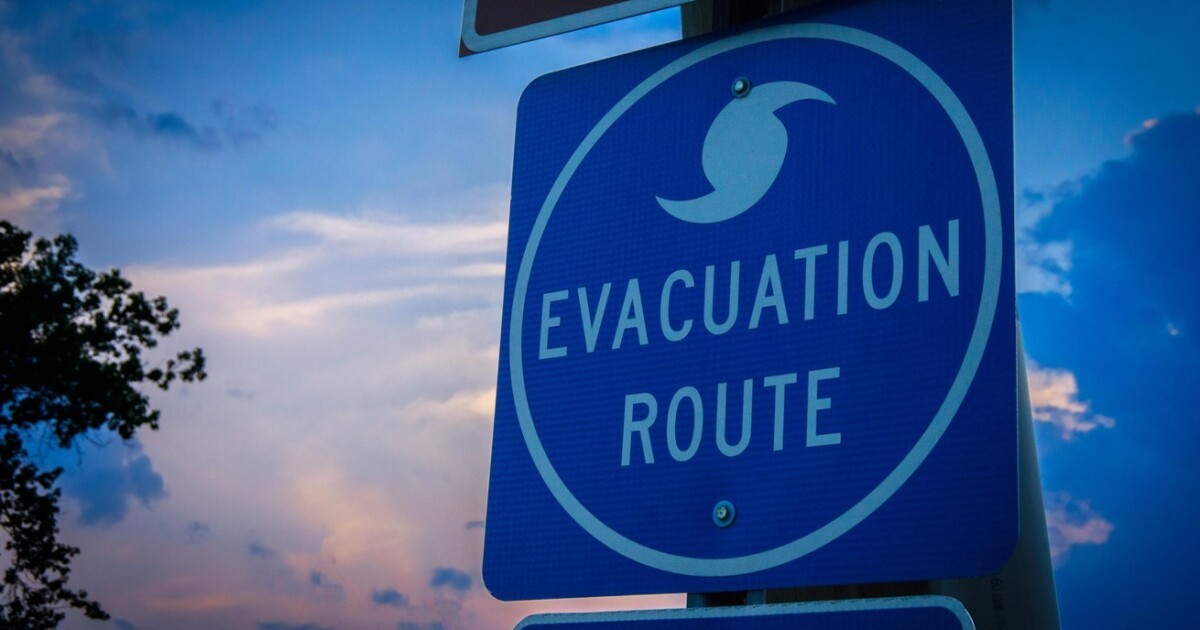
there is also a code for free Ubers to evacuate effected counties, as well as shuttles from evacuating counties to nearby storm shelters
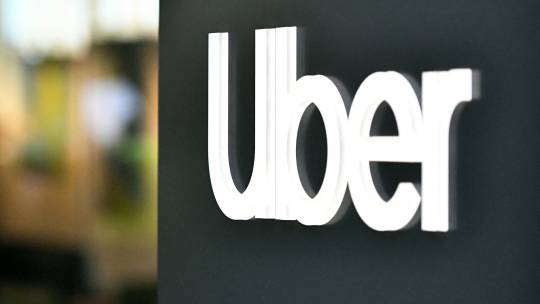
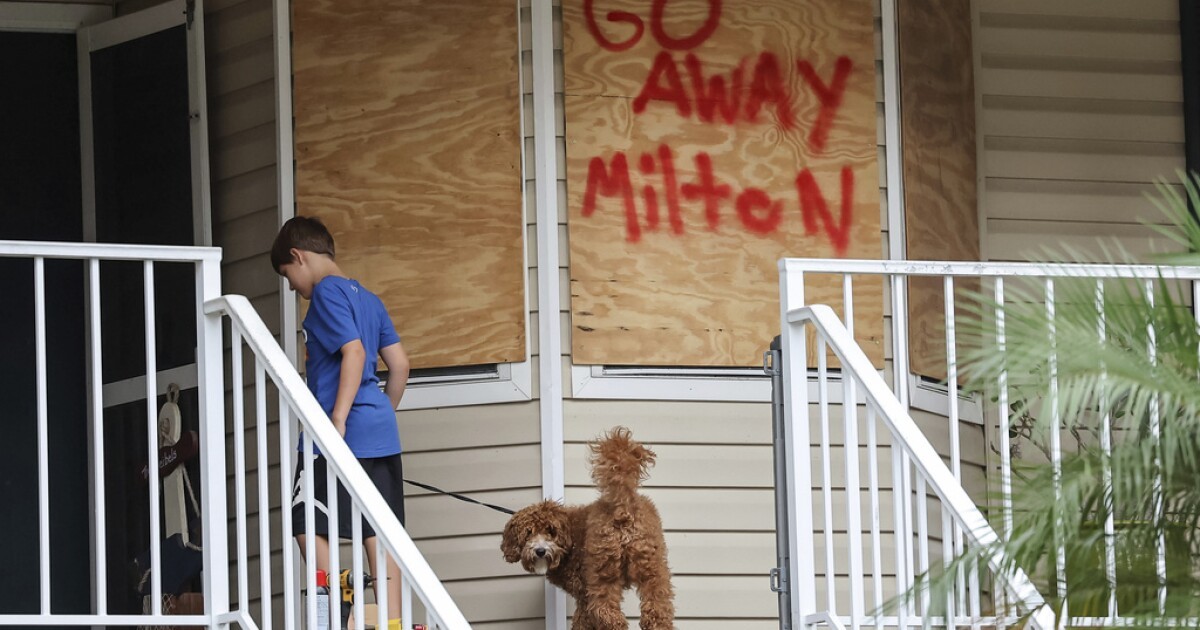
Prepare/secure your home
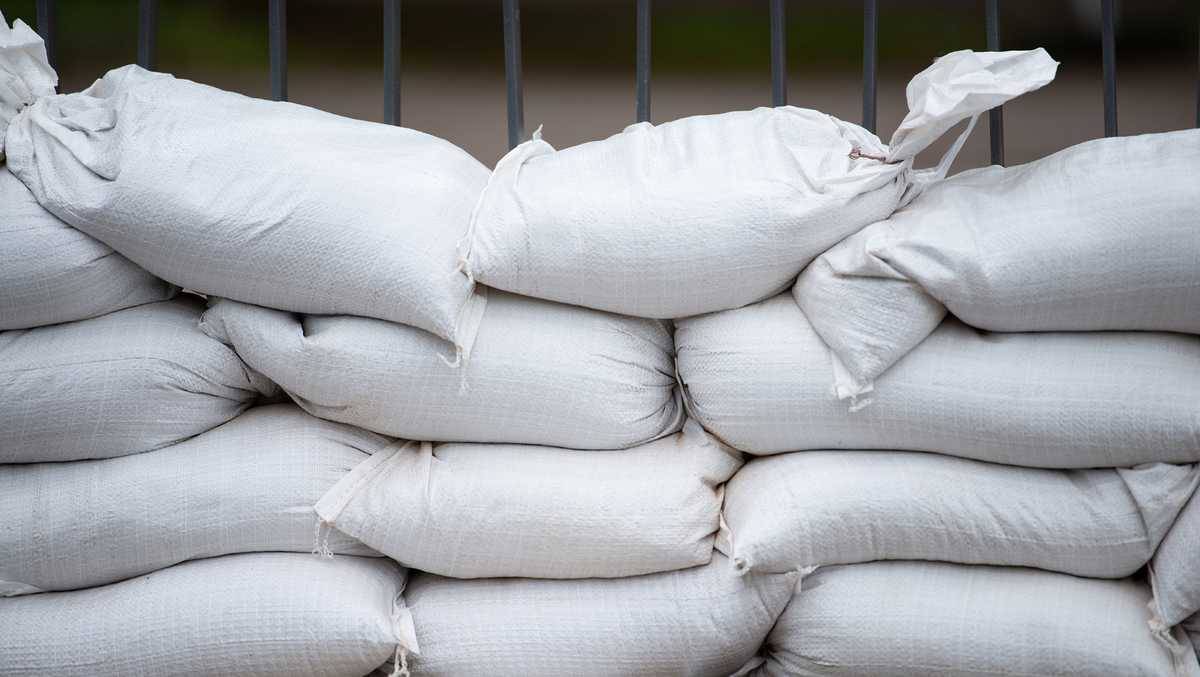
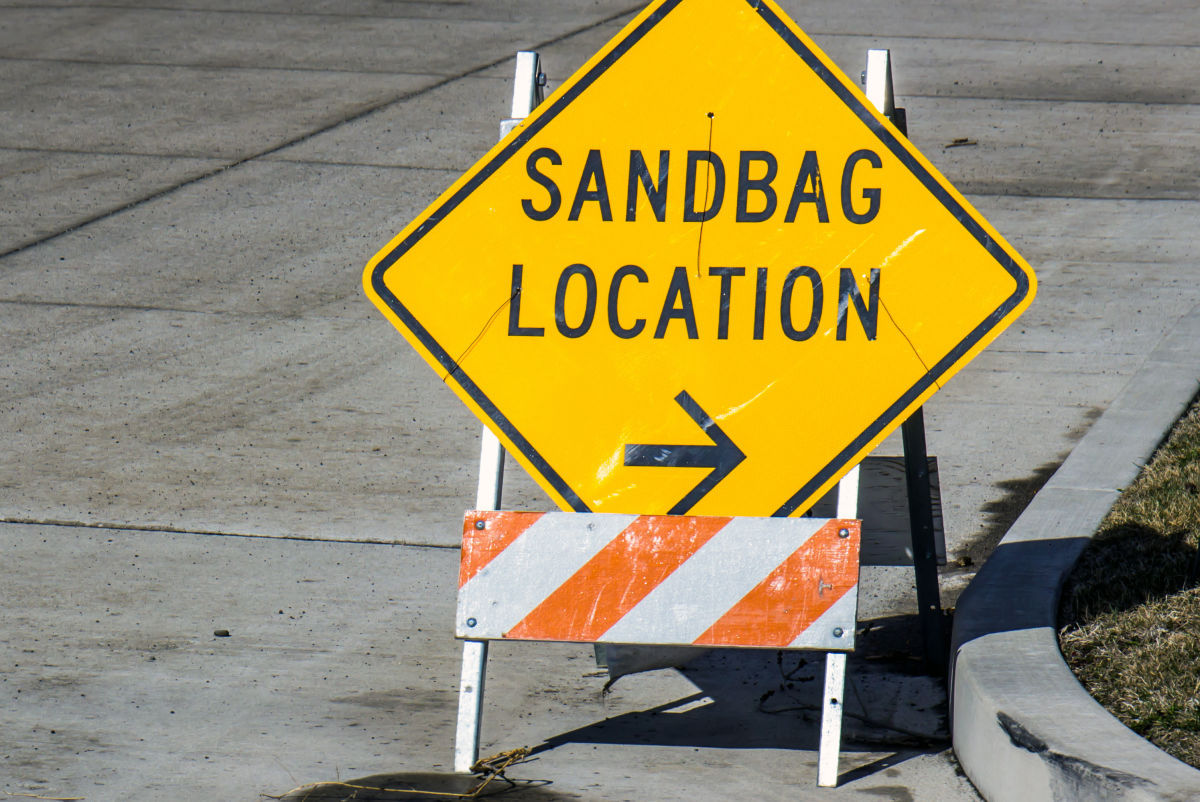
Find your nearest shelter and be prepared to leave
If you want to stay in the loop about the hurricane, WESH 2 News has ongoing coverage ad-free on YouTube.
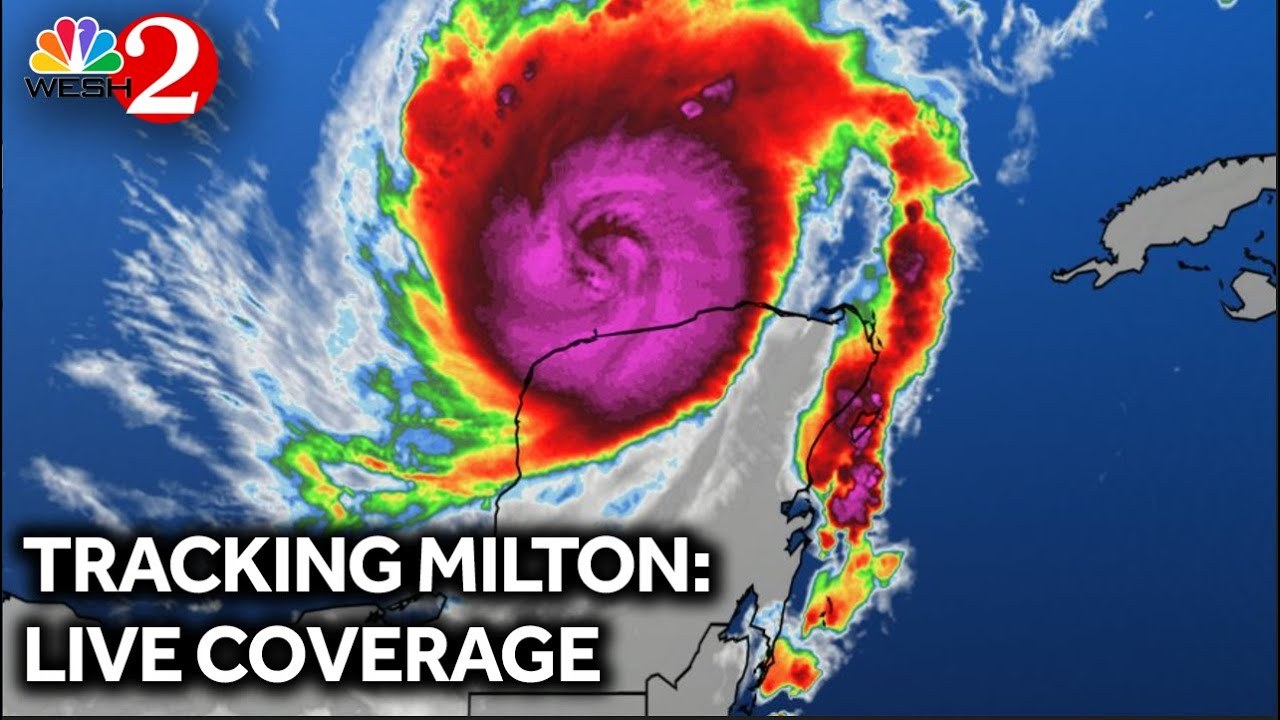
General resources/information:
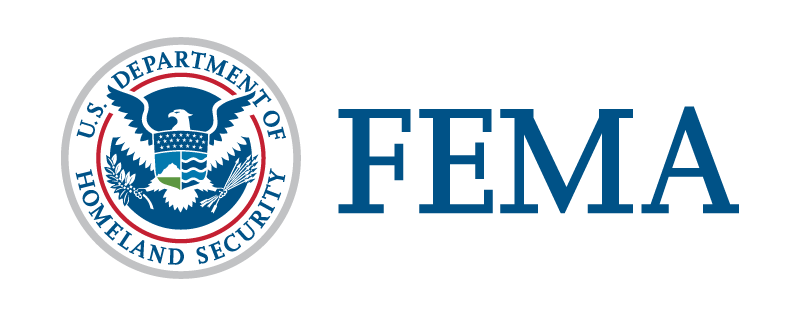
Please for the love of God stop preying on people's fears and causing panic. Know what resources are available to you and how to access them. If you approach this hurricane carefully YOU WILL BE OKAY!!!!! YOUR LIFE DOES NOT HAVE TO BE RUINED!!!
Please link other resources you find or think other people might find useful!
A Father and His Lamb

Some HTFASJ art I made bc fluff wasn’t working 😁 anyways have fun you sillies
I still have personal work I have to do today so I can't get to many more asks at the current moment, but I'm attempting to make a list that I will pin with everyone's fundraisers along with other resources <3
To anyone who sees this, if you are unable to donate to any fundraisers, at least reblog and share the posts, do not just like them and leave it at that. Liking a post does not do the same amount of support as reblogging.

Last week started in Venezuela with a moment that combined Berlin Wall spontaneity and a French Revolutionary spirit. Very late in the evening of Sunday, July 28, the government refused to recognize the opposition’s victory in that day’s election and declared incumbent President Nicolás Maduro the winner. The next day, protests broke out nearly everywhere: A think tank counted more than 200. In Coro, a small coastal city, a protester climbed up a statue of Hugo Chávez, Maduro’s late predecessor and mentor, and hammered his signature military beret as others cheered. When he got down, the crowd tied ropes around the statue and celebrated as it collapsed. What they wanted, in the words of a Venezuelan commentator, was to see Chávez’s head “dragged through the dirt.” Also last Monday, a man waving a Venezuelan flag rode a horse onto the highway outside the city of Maracay. He was leading a caravan of motorists and screaming “Venezuela libre.” In Punto Fijo, in the country’s west, a police officer burst into tears, took off her uniform, and joined the protesters she’d been assigned to intimidate. Some of her colleagues on the scene followed suit. Elsewhere in the country, the police did follow orders: Nearly 750 anti-government demonstrators were arrested that day. Six were killed.

Not long ago, Venezuela’s greatest lover of grand, revolutionary gestures was Chávez himself. Chávez was the one who embraced the image of a freedom lover on a horse—the independence hero Simón Bolívar, whose name Chávez appended to everything he wished to assert control over: the Bolivarian national bank, the Bolivarian army, the Bolivarian Republic of Venezuela. Chávez delighted in toppling the monuments of the ruling class, although the ruling class he rebelled against was not the type to build statues. Instead, he expropriated jewelry stores and shopping malls in the name of socialist revolution. Chávez understood the power of symbols. He held onto the presidency not just because the oil boom of the 2000s allowed him to lavish subsidies on the poor, but also because he was an exceptionally gifted populist. That doesn’t mean Chávez had qualms about using force. He closed opposition TV channels, imprisoned less-than-subservient judges, and played dictator as needed. But he preferred to win elections, because he could. In 2012, the year before his death, he spent more on his reelection campaign and short-lived social programs than any other president in Venezuela’s history—buying, with public money, the popular support that would ensure the continuity of his legacy through his heir, Maduro.
More than a decade later, a humanitarian crisis has turned a quarter of Venezuela’s population into emigrants, and Maduro seems to have decided that popular support is a luxury he can do without. To stay in power, he must have concluded some time ahead of the election, repression would have to suffice. His charisma certainly wasn’t going to win him the votes he needed. And with the country’s oil industry in decrepit shape, Maduro could hardly have afforded the grandiose presidential campaigns of his predecessor, or the generous food baskets doled out only during election years. He went for the cheaper option: scaring activists, opposition leaders, and everyday people into voting a certain way by showing them that those who don’t can wind up in prison. Distant observers of Venezuelan politics might have thought it obvious that Maduro was never going to recognize the election results. But some Venezuelan academics and political leaders I interviewed before the vote were convinced, or maybe hopeful, that Maduro would acquiesce if the opposition victory was overwhelming. Even dictatorships need some level of popular support, they argued. Perhaps military leaders would see the results and calculate that Maduro’s collapse was imminent. Perhaps they would be willing to negotiate a deal with the opposition, leaving the regime exposed. The opposition victory was overwhelming. In the hours after the election, María Corina Machado, the leader of the opposition, coordinated more than 600,000 volunteer poll watchers in an effort to obtain the vote tallies from poll centers throughout the country. By last Monday afternoon—after the crowd had toppled the Chávez statue and the man on horseback waved Venezuela’s flag—Machado confirmed what everyone knew. In a press conference, she announced that, having obtained the tallies from 80 percent of the polling stations, she could say with certainty that opposition presidential candidate Edmundo González—the man who substituted for Machado on the ticket when Maduro forbade her from running—had won by a landslide, with 67 percent of the vote. González had won in every single state, despite the fact that only a few months earlier no one knew his name.
The opposition was exhilarated; Monday felt like the sprouting of a revolution. But Maduro, undaunted, swiftly cracked down. Almost immediately, the internet began failing more than usual. By the Thursday after election day, the government had suspended the most common flights out of the country. Low-profile protesters began getting arrested in what government officials informally called Operation Knock-Knock. (“It’s called knock-knock because that’s the bang on the door you get in the early hours of the morning,” an activist told Reuters.) The organization Foro Penal has verified more than 1,200 people have been arrested in protests since the election, including about 100 teenagers. Maduro announced that two new maximum-security prisons would be built in order to accommodate “the gangs engaged in the criminal attacks of these past few days”—meaning the protesters. Maduro has few friends left in the region. The only country in South America to recognize his electoral victory was Bolivia. Argentina, Ecuador, Peru, Panama, and the United States have all recognized Edmundo González as president-elect. Brazil, Mexico, and Colombia are awkwardly situated, because they’re governed by fellow left-wing leaders, but even they have asked Maduro to supply the detailed, tabulated results of the election, which Maduro hasn’t done. Brazilian President Luiz Inácio Lula Da Silva, a longtime buddy of Chávez’s, expressed outrage at Maduro’s threats of a “bloodbath” to those challenging him but has so far stopped short of using words like “fraud.” Nothing further can be asked of the opposition leadership; Machado and González have pulled off something extraordinary. On the campaign trail, they faced every imaginable difficulty: Their staffers were thrown in jail; state-controlled media refused them airtime; gasoline stations and hotels were closed for supplying services to them. Yet the pair rallied crowds in the most remote corners of the country, places only Chávez had previously galvanized. When Maduro banned Machado from running for president, the opposition could have been derailed by intrigue and succession battles; instead it coalesced behind González, a career diplomat who comes across not as a power-hungry schemer but as someone happy to help. In the past 25 years, the opposition has used three different tactics to challenge Chávez and Maduro: elections, protests, and international support. Never before have all three strategies gathered so much momentum, or come together so effectively all at the same time. Just about a week ago, when so many preconditions seemed to be finally aligning to bring the dictatorship to its end, the moment seemed full of hope. But if, with all of that serendipity, the Venezuelan opposition does not triumph, then maybe Maduro will be proved right that dictatorship can be sustained indefinitely with repression alone.
hello my dear sibling welcome to tumblr
why thank you im delighted to be here surely i will always have an amazing time on tumblr right? surely!
uh oh
You guys are gonna hate me for this next one lmao
-
 chaos-advocate reblogged this · 8 months ago
chaos-advocate reblogged this · 8 months ago -
 caffeinatedlanddetective liked this · 8 months ago
caffeinatedlanddetective liked this · 8 months ago -
 myscalesofjustice reblogged this · 8 months ago
myscalesofjustice reblogged this · 8 months ago -
 broodingnightgoddess reblogged this · 9 months ago
broodingnightgoddess reblogged this · 9 months ago -
 swimmingthestrait reblogged this · 9 months ago
swimmingthestrait reblogged this · 9 months ago -
 ueko reblogged this · 9 months ago
ueko reblogged this · 9 months ago -
 rananan reblogged this · 9 months ago
rananan reblogged this · 9 months ago -
 starnzana liked this · 9 months ago
starnzana liked this · 9 months ago -
 the-mourning-mara reblogged this · 9 months ago
the-mourning-mara reblogged this · 9 months ago -
 despoinanyx reblogged this · 9 months ago
despoinanyx reblogged this · 9 months ago -
 despoinanyx liked this · 9 months ago
despoinanyx liked this · 9 months ago -
 soborbono reblogged this · 9 months ago
soborbono reblogged this · 9 months ago -
 soborbono liked this · 9 months ago
soborbono liked this · 9 months ago -
 monimuasblog liked this · 9 months ago
monimuasblog liked this · 9 months ago -
 aria-di-luna liked this · 9 months ago
aria-di-luna liked this · 9 months ago -
 randompersonsetc reblogged this · 9 months ago
randompersonsetc reblogged this · 9 months ago -
 knight-song reblogged this · 9 months ago
knight-song reblogged this · 9 months ago -
 captainsbestgal reblogged this · 9 months ago
captainsbestgal reblogged this · 9 months ago -
 persephone-is-here-omg reblogged this · 9 months ago
persephone-is-here-omg reblogged this · 9 months ago -
 persephone-is-here-omg liked this · 9 months ago
persephone-is-here-omg liked this · 9 months ago -
 chiaraav reblogged this · 9 months ago
chiaraav reblogged this · 9 months ago -
 one-lost-at-sea reblogged this · 9 months ago
one-lost-at-sea reblogged this · 9 months ago -
 growingobsession reblogged this · 9 months ago
growingobsession reblogged this · 9 months ago -
 forestfeeling reblogged this · 9 months ago
forestfeeling reblogged this · 9 months ago -
 forestfeeling liked this · 9 months ago
forestfeeling liked this · 9 months ago -
 minipisi-is-dumb reblogged this · 9 months ago
minipisi-is-dumb reblogged this · 9 months ago -
 minipisi-is-dumb liked this · 9 months ago
minipisi-is-dumb liked this · 9 months ago -
 dollcoreenniel reblogged this · 9 months ago
dollcoreenniel reblogged this · 9 months ago -
 dollcoreenniel liked this · 9 months ago
dollcoreenniel liked this · 9 months ago -
 buuuuuuuu3 reblogged this · 9 months ago
buuuuuuuu3 reblogged this · 9 months ago -
 sajefaire reblogged this · 9 months ago
sajefaire reblogged this · 9 months ago -
 sajefaire liked this · 9 months ago
sajefaire liked this · 9 months ago -
 glittertrail liked this · 9 months ago
glittertrail liked this · 9 months ago -
 labreaad reblogged this · 9 months ago
labreaad reblogged this · 9 months ago -
 labreaad liked this · 9 months ago
labreaad liked this · 9 months ago -
 harleiquina reblogged this · 9 months ago
harleiquina reblogged this · 9 months ago -
 illegalbilingual liked this · 9 months ago
illegalbilingual liked this · 9 months ago -
 iactuallytryingtolovemyself reblogged this · 9 months ago
iactuallytryingtolovemyself reblogged this · 9 months ago -
 iactuallytryingtolovemyself liked this · 9 months ago
iactuallytryingtolovemyself liked this · 9 months ago -
 beforeliteracytherewasdeez reblogged this · 9 months ago
beforeliteracytherewasdeez reblogged this · 9 months ago -
 brisaveloz reblogged this · 9 months ago
brisaveloz reblogged this · 9 months ago -
 imaweirdperson9275 reblogged this · 9 months ago
imaweirdperson9275 reblogged this · 9 months ago -
 lyxthen-reblogs reblogged this · 9 months ago
lyxthen-reblogs reblogged this · 9 months ago -
 lyxthen liked this · 9 months ago
lyxthen liked this · 9 months ago -
 xbnn reblogged this · 9 months ago
xbnn reblogged this · 9 months ago -
 drakkonyan reblogged this · 9 months ago
drakkonyan reblogged this · 9 months ago

Kinda inactive rn due to not having the app and having school but ill be more active in the summer!!Azure! - any and all pronouns that exist - Genlosser, Boober, Crow, and more :DAssigned representative genloser by Tophat and local puzzle solver
261 posts